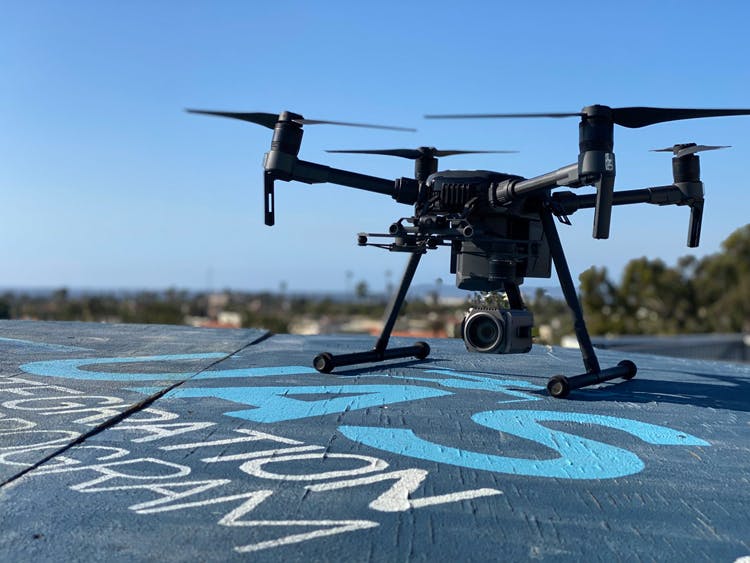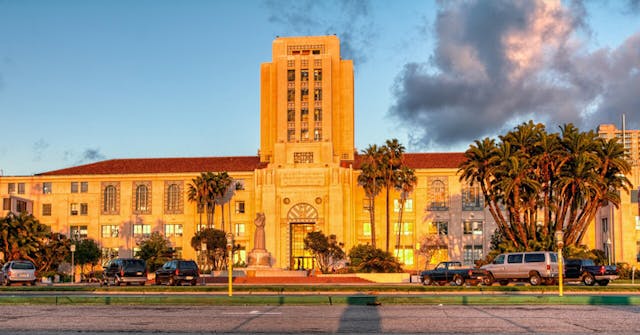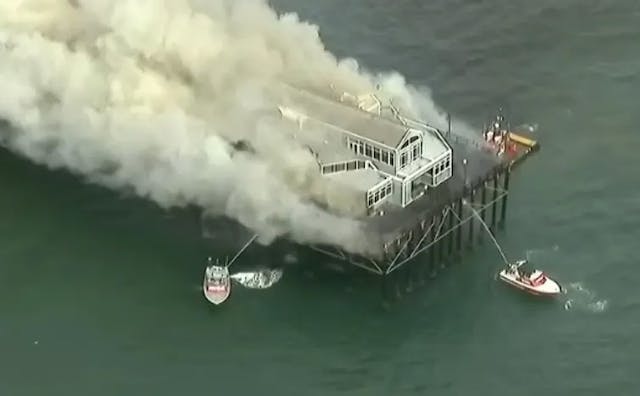LPSD Wins CVPD Drone Video Lawsuit, Sets New Precedent

By Alberto Garcia
Investigative Reporter
A state appeals court decided this week that police cannot use a blanket exemption to shield the release of drone videos, creating a new legal precedent for members of the public seeking police records under the California Public Records Act (CPRA).
The Chula Vista Police Department (CVPD) was the first agency in the US to be allowed by the FAA to fly drones as first responders to support officers in the field, but they failed to put in place proper public access policies or protections to preserve residents’ personal privacy.
In April 2021, La Prensa San Diego sought the disclosure of CVPD drone videos that were not part of investigations, as current law requires of other records, including police officer body cameras.
The City rejected the request, claiming that every single video from their police drones are investigative records and therefore exempt from disclosure under narrow exemption of the California Public Records Act aimed at protecting ongoing investigations.
Although a local judge ruled in favor of the City in April 2022, the Fourth District Court of Appeals this week overturned that ruling and decided that the City cannot shield from public disclosure every single video captured by its police drones simply by calling them all investigative records. The agency must review each record or video to determine whether or not it is tied to an actual concrete investigation.
The appeals court published its ruling, meaning the case can be cited in future cases within San Diego and Imperial counties.
The new precedent dictates how the public can access some police records that have traditionally been shielded by an overly broad use of the investigative records exemption under the CPRA.
Police agencies have used the investigative records exemption to shield the disclosure of many records, including videos, 911 calls, and even booking mugshots that are not connected to ongoing investigations.
Under existing case law related to other records and even videos from officer worn body cameras, records are not exempt when they are not connected to actual investigations where crimes were committed.
“Knowing that police use of drones is a new and emerging public policy issue, we sued to confront the legal uncertainties of whether their videos should be disclosed to the public for full transparency of how they’re using these potentially intrusive flying machines that can hover over backyards and even look into our windows,” Castañares said this week after the Court ruling.
The City maintains that all drone videos, admittedly even without reviewing them, are off limits to the public as investigative records.
Although the three-judge Court of Appeals had 90 days to render their decision after the hearing, the judges issued a unanimous 3-0 ruling just 13 days later.
The Appeals Court decided that the trial court had erred in ruling that all police drone videos were automatically investigative records, concluding that the police could not use a blanket exemption to shield the release of all videos without reviewing them to determine which were connected to criminal investigations and which, if any, were not.
The ruling held that videos not connected to actual investigations should be released.
The Appeals Court ruling vacated the local court’s previous decision and remanded the case back to Judge Taylor to determine a process by which the police can determine which videos should be released.
Most importantly, the Appeals Court published its ruling, meaning the case sets a new legal precedent that can be used by others seeking the release of investigative records; not just drone videos, but any records erroneously categorized by police agencies as investigative.
On average, fewer than 20 percent of cases are overturned on appeal.
The City has 10 days after the appeals court ruling to petition the California Supreme Court to review the case. The Supreme Court would then have 60 days to decide whether to hear the case or to let the Court of Appeals decision stand.
The case is Castañares v. City of Chula Vista.






